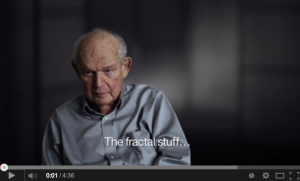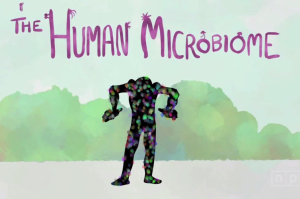This seemed like a timely and useful article – Tom
“If you want to eat a more healthful diet, you’re going to have to shell out more cash, right? (After all, Whole Foods didn’t get the nickname “Whole Paycheck” for nothing.)
But until recently, that widely held bit of conventional wisdom hadn’t really been assessed in a rigorous, systematic way, says Dr. Dariush Mozaffarian, a cardiologist and epidemiologist at the Harvard School of Public Health.
So he and his colleagues decided to pore over 27 studies from 10 different developed countries that looked at the retail prices of food grouped by healthfulness. Across these countries, it turns out, the cost difference between eating a healthful and unhealthful diet was pretty much the same: about $1.50 per day. And that price gap held true when they focused their research just on U.S. food prices, the researchers found in their meta-analysis of these studies.
“I think $1.50 a day is probably much less than some people expected,” Mozaffarian tells The Salt, “but it’s also a real barrier for some low-income families,” for whom it would translate to about an extra $45 a month or $550 a year.
Still, from a policy perspective, he argues, $1.50 a day is chump change. “That’s the cost of a cup of coffee,” he says. “It’s trivial compared to the cost of heart disease or diabetes, which is hundreds of billions of dollars” — both in terms of health care costs and lost productivity.”
Read the whole article here.


